ID: KPP-EZX9
ID: KPP-EZX9
Acacia Mangium
Acacia mangium
Photo
Tanzania
09:08 - 23°C
My connections
My ID card
Who am I?
Date of birth
07/26/2023
Name
Acacia Mangium
Tree
Acacia Mangium
Where am I located?
Country
Tanzania
Place of birth
Kilombero
Coordinates
7° 52′ 18.77″ S
36° 56′ 54.92″ E
/36.9485887,-7.8718819,0/500x333@2x?access_token=pk.eyJ1IjoidG9tbWFzb3NwZXJvbmkiLCJhIjoiY2tnOTE3eW12MDJqazMybXNzOWV1YjloOSJ9.wtGsuDU7XIKjcv2cq8CiXw&logo=false&attribution=false)
My Timeline
The important moments in your tree's life.
Seed
It all starts with a tiny seed, nice and warm in the soil.
Nursery
Your seedling is big enough to be welcomed into one of our nurseries, along with many others.
Planted
We’re here! Your tree has reached its new home: it’s been planted by a smallholder, who’ll take care of it for years to come.
Photo
Strike a pose! Now that it’s big enough, here’s a photo of your tree!
My Gallery
Nursery
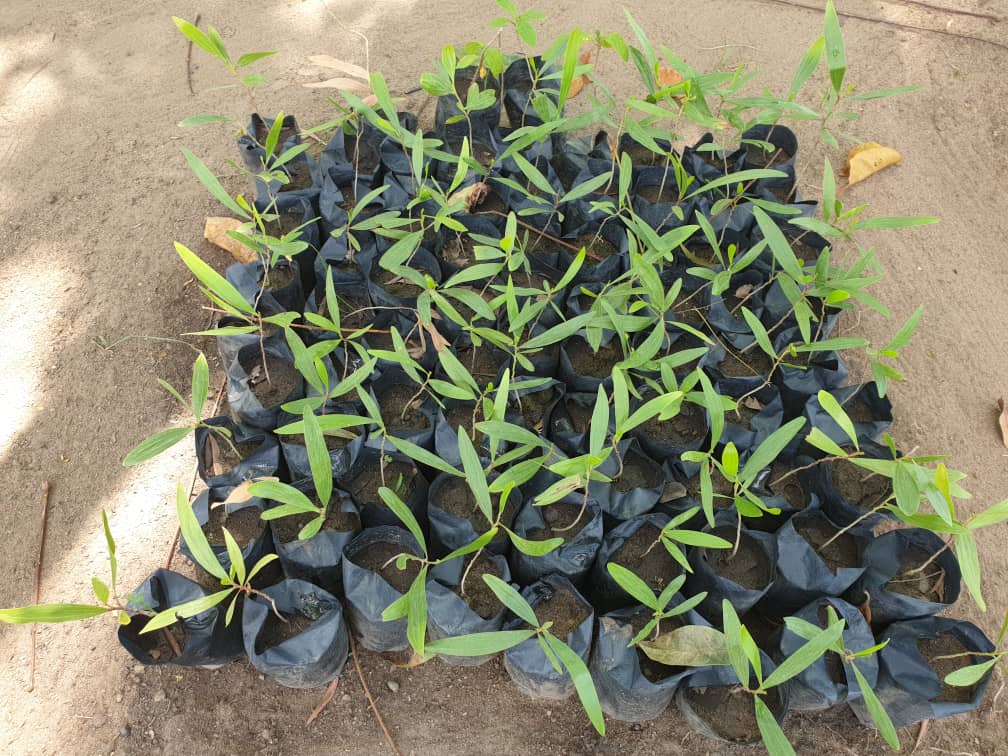
Planted
/36.9485887,-7.8718819,0/500x333@2x?access_token=pk.eyJ1IjoidG9tbWFzb3NwZXJvbmkiLCJhIjoiY2tnOTE3eW12MDJqazMybXNzOWV1YjloOSJ9.wtGsuDU7XIKjcv2cq8CiXw&logo=false&attribution=false)
36° 56′ 54.92″ E
Photo
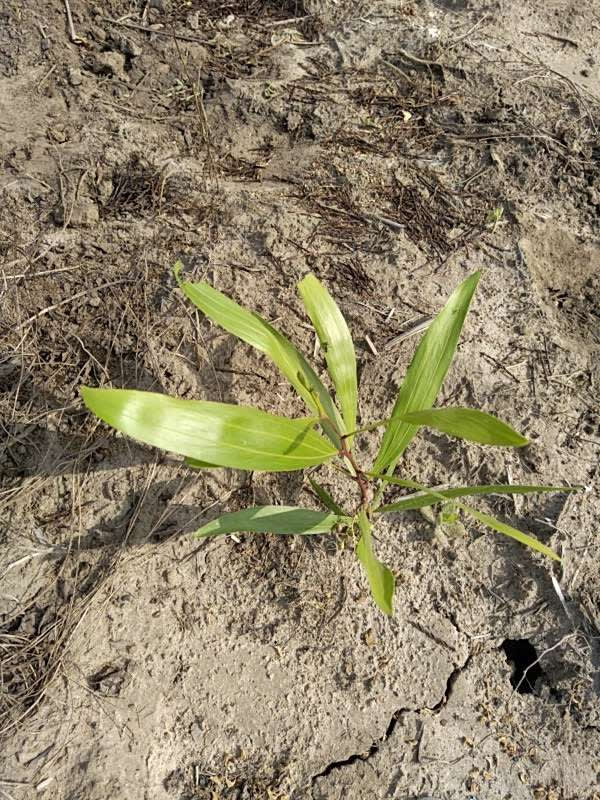
Curiosity about me
The important moments in your tree's life.
Let's start with introductions
It can reach 30 meters in height; the branches are distributed irregularly on the tree. The blossoms are comparable to cascades of small, fragrant white flowers. The Acacia Mangium flourishes more or less all year round and the fruits are ready 6-7 months after pollination.
Meaning
All-rounder
Its multiple uses make it an immensely valuable tree!

How much CO2 I’ll absorb
My estimated CO2 absorption capacity is based on the first 10 years of my life*
Current absorption
- 20 kg
2023
0 kg
2033
-200 kg
* The tree will continue to absorb CO2 even after the tenth year. Therefore this is a prudent estimate.
How I am useful to local communities

Consumption and sales
Its fruits, seeds and/or leaves are used as food in the farmers' families or are sold on local markets.
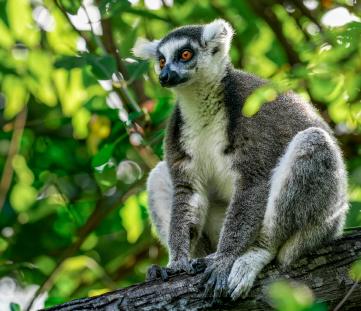
Biodiversity
It helps restocking various animal species, thus helping the variety of fauna and flora overall.
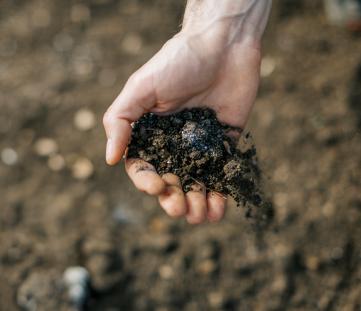
Soil
It improves the quality of the soil thanks to the nitrogen fixation process or it reduces soil erosion, thanks to its extended root system.
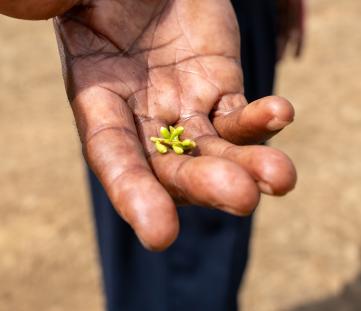
Medicine
Its leaves, roots, bark and/or fruits are used in traditional medicine.
My benefits
70%
Food Security
The trees will bear fruits, some that will be edible immediately and others that can become edible through processing, ensuring food resources over time.
50%
Economic development
The trees' fruits and the products derived from their transformation can be traded in local networks, offering income opportunities.
40%
CO₂ Absorption
During its life cycle, each tree will absorb CO₂. The trees you plant can offset your emissions.
90%
Environmental protection
The trees are planted in agroforestry systems that favor the virtuous interaction between the different species and their positive impact on the environment and on the land.